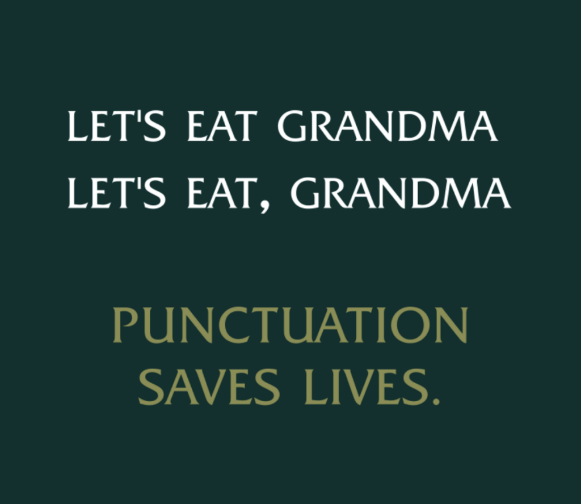In this third mystery of the Bea Rivers series, Bea travels from the Sonoran Desert in full bloom to coastal California, where she has been invited to a small botanical garden conference in exclusive La Jolla. After a tense evening meal, the host director falls from 300-foot cliffs to the beach below. The police declareContinue reading "New Release: “Crime on the Coast” by Marty Eberhardt"
Why is Editing Important?
By Heidi M. Thomas I want to tell you a little secret: Nobody writes a perfect first draft. Not Shakespeare. Not Mark Twain. Not Stephen King. Nobody. (Hemingway once said: “There are no great writers, only great re-writers.”) Why hire an editor? Do you want your book to be the best that it can be?Continue reading "Why is Editing Important?"
Wintering with WWW: Eilene Lyon
By Eilene Lyon What Lies Beneath Colorado: Researching and Writing a Nonfiction Book in 13 Months Serendipity. As I was wrapping up the final draft of my first book, my publisher put out a call for Colorado authors to write a book in the What Lies Beneath series about pioneer cemeteries in my home state.Continue reading "Wintering with WWW: Eilene Lyon"
New Release: “Tetons by Morning” by Lucy Naylor Kubash
The books in my North Star Legacy series are contemporary western romance set in the Grand Teton country of Wyoming. The first book, Chance’s Return, was released last year by the Wild Rose Press. Former rodeo champion, Chance McCord, and Casey Girard, a midwestern librarian and widowed mom, meet and fall in love during summerContinue reading "New Release: “Tetons by Morning” by Lucy Naylor Kubash"
All About the LAURA Short Fiction Award
By Susan J. Tweit Are you a Women Writing the West member with a flair for fiction? Do you have a story yammering in the back of your mind or on your desktop? Is there a character who talks to you at 2 am who you’ve always wanted to give voice to? A scene thatContinue reading "All About the LAURA Short Fiction Award"
New Release: “Women of the Wild Bunch” by Linda Wommack
Happy and excited to announce my latest book: Women of the Wild Bunch. They loved outlaws. They defied the law. Their stories were buried—until now. Step beyond the legends of Butch Cassidy and the Sundance Kid into the untold lives of the bold, complex women who stood beside them. In Women of the Wild Bunch,Continue reading "New Release: “Women of the Wild Bunch” by Linda Wommack"






